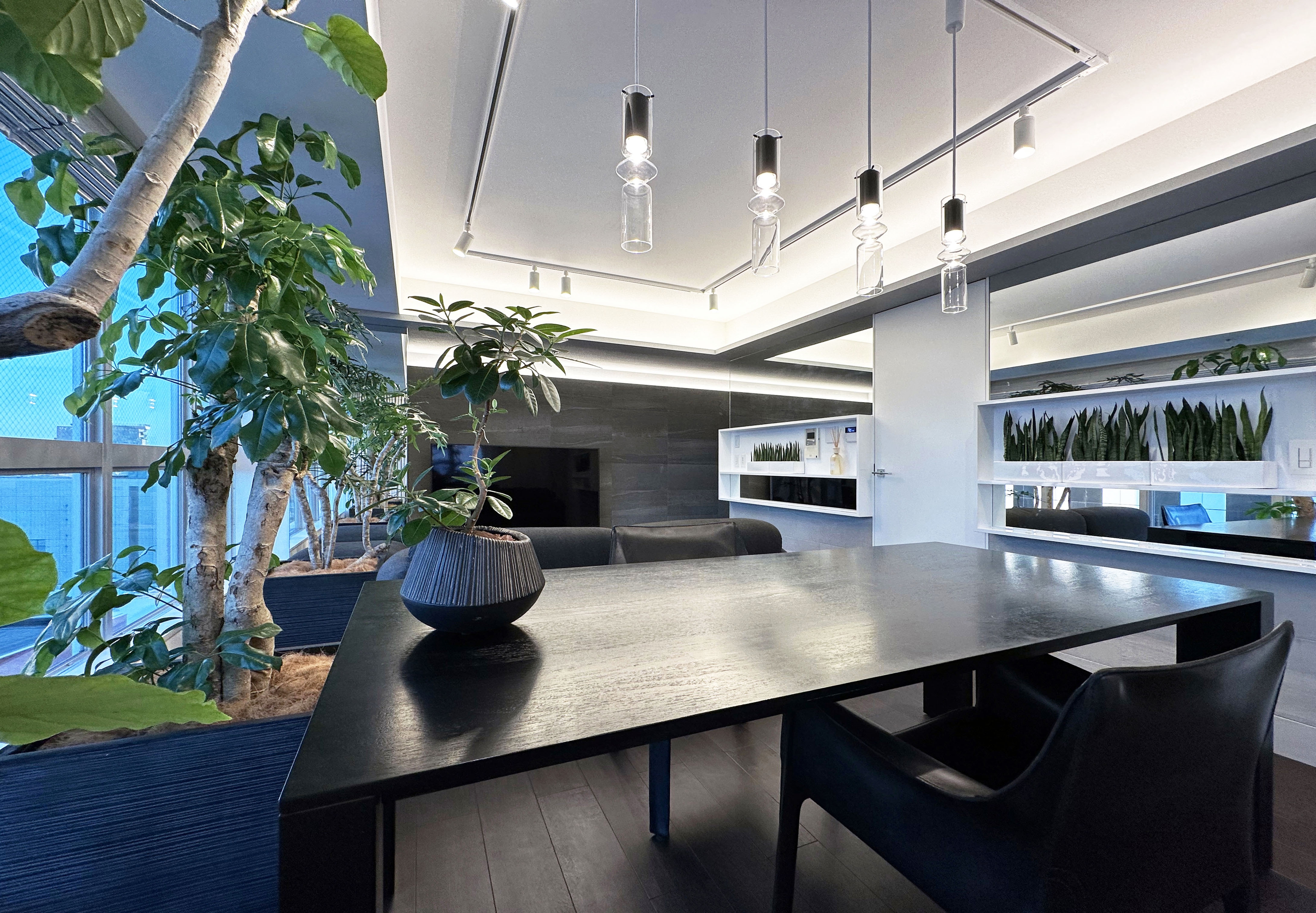Prize(s) Honorable Mentions
Lighting Design/Product Company MR STUDIO Co.,Ltd.
Lead Designers Nobuaki Miyashita / MR STUDIO Co.,Ltd.
Architecture Company MR STUDIO Co.,Ltd.
Interior Design Company MR STUDIO Co.,Ltd.
Client Private
Photo Credits Nobuaki Miyashita / MR STUDIO Co.,Ltd.
Completion Date 06.2023
Project Location Nagoya, Japan
Entry DescriptionLocated on the 12th floor of a tower mansion in Nagoya, Japan, this residence was originally divided into three compact rooms that restricted its potential. The renovation reimagines the apartment through the concept of “converging light,” removing partitions to maximize openness and let light become the central design element. Vertical light lines in corners combine with ambient light to create warmth, while mirrors amplify illumination, reflecting daylight and artificial light to expand perception. Curtains serve as flexible partitions that provide privacy yet also capture and diffuse light, acting as luminous membranes that fluidly unite and separate spaces.
In the washroom, vertical line lighting flanking a sculptural basin creates a striking focal point, while ceiling ambient light and downlights add elegance and tension. In the living area, textured tiles reveal shadows under line lighting, enhancing depth and sophistication. Black-toned custom furniture contrasts with light, while foliage matched to ceiling height interacts with illumination to bring vibrancy.
The result is a composition where direct, reflected, ambient, and diffused light interweave to create a timeless, serene residential environment. This Japanese project demonstrates how light itself can serve as material and structure, shaping comfort, elegance, and spatial richness.
Sustainability ApproachThis renovation in Nagoya, Japan, emphasizes sustainability by reusing the existing structure and limiting new material use. Instead of heavy partitions, light-permeable curtains act as adaptable dividers, reducing wall use and ensuring flexibility. This approach cuts demolition waste and promotes refitting rather than full reconstruction, lowering embodied carbon.
Lighting design prioritizes efficiency through LED line fixtures, downlights, and ambient ceiling lighting. Carefully placed, they deliver strong visual effect with minimal energy. Mirrors enhance sustainability by reflecting daylight and artificial light, reducing fixtures needed.
Through adaptable partitions, efficient LEDs, and reflective strategies, this Japanese project lowers environmental impact while extending the interior’s lifecycle, showing how lighting can enrich daily experience and support sustainable living.


